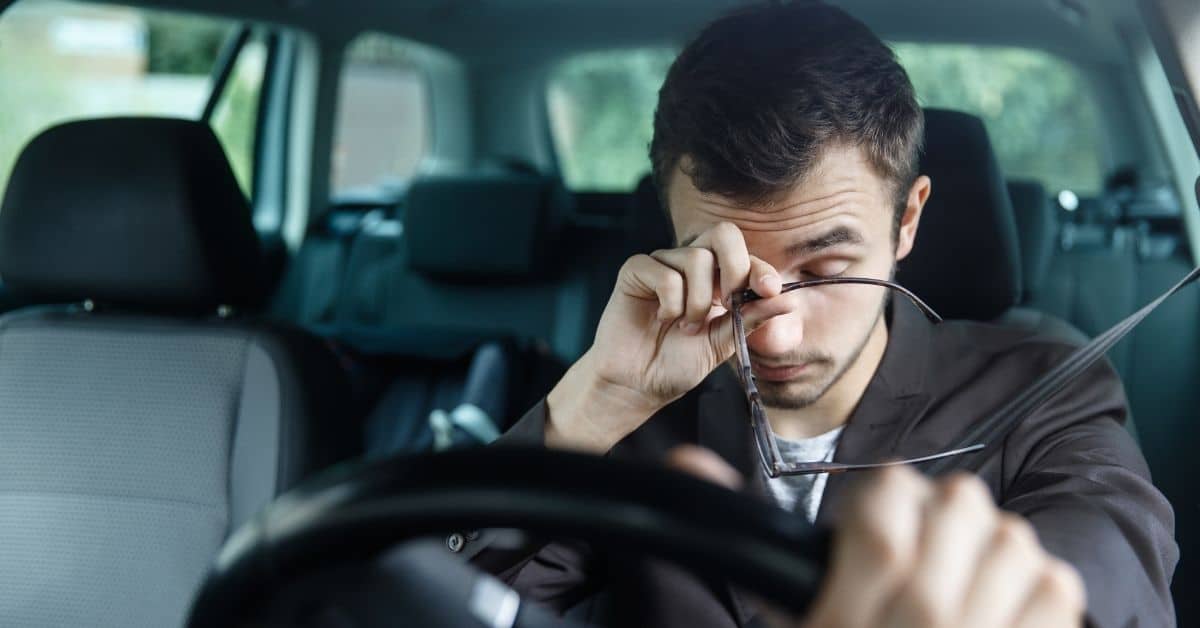The Dangerous Effects of Driver Fatigue
Each year, hundreds of tired drivers get on the roadway and are unaware of how that lack of sleep is affecting their driving. In addition to the potential hazard of falling asleep at the wheel and causing an accident, reaction times and motor control may be affected by lack of sleep.
Researchers have found that 37% of drivers report having fallen asleep or nodded off while driving. Still, many motorists continue to drive drowsy and threaten the safety of both themselves and other drivers on the road.
Drowsy Driving Has Similar Effects to Drunk Driving
While driving under the influence and drowsy driving are vastly different in theory, they have shown to have similar effects on your body. Being awake for 17-29 hours in a row has proven to impact your cognitive function and performance in the same manner as a BAC of 0.05 – 0.10%.
Although a BAC of 0.05% is under the legal limit, your body will still have impaired judgment and a decline in alertness. However, at 0.10%, reaction times, motor control, and auditory, visual, and cognitive function decline. This makes it more challenging to handle your vehicle, especially at high speeds, and brake at the correct time.
Most people would never get behind the wheel of a car when they are under the influence, yet over 100,000 people get in accidents each year from drowsy driving despite feeling the same effects. Not only is a lack of sleep bad for your overall health, driving while fatigued can severely endanger others on the road, too.
Avoid Negligent Driving Actions
Even if it may not seem like it, choosing to drive when having an extreme lack of sleep can be considered negligent. Falling asleep at the wheel or otherwise losing control from nodding off can have severe consequences.
If you or a loved one has been injured after a collision with a drowsy driver, you have a right to retain compensation. Call Delfino Green & Green at 415-442-4646 to discuss your legal options.



